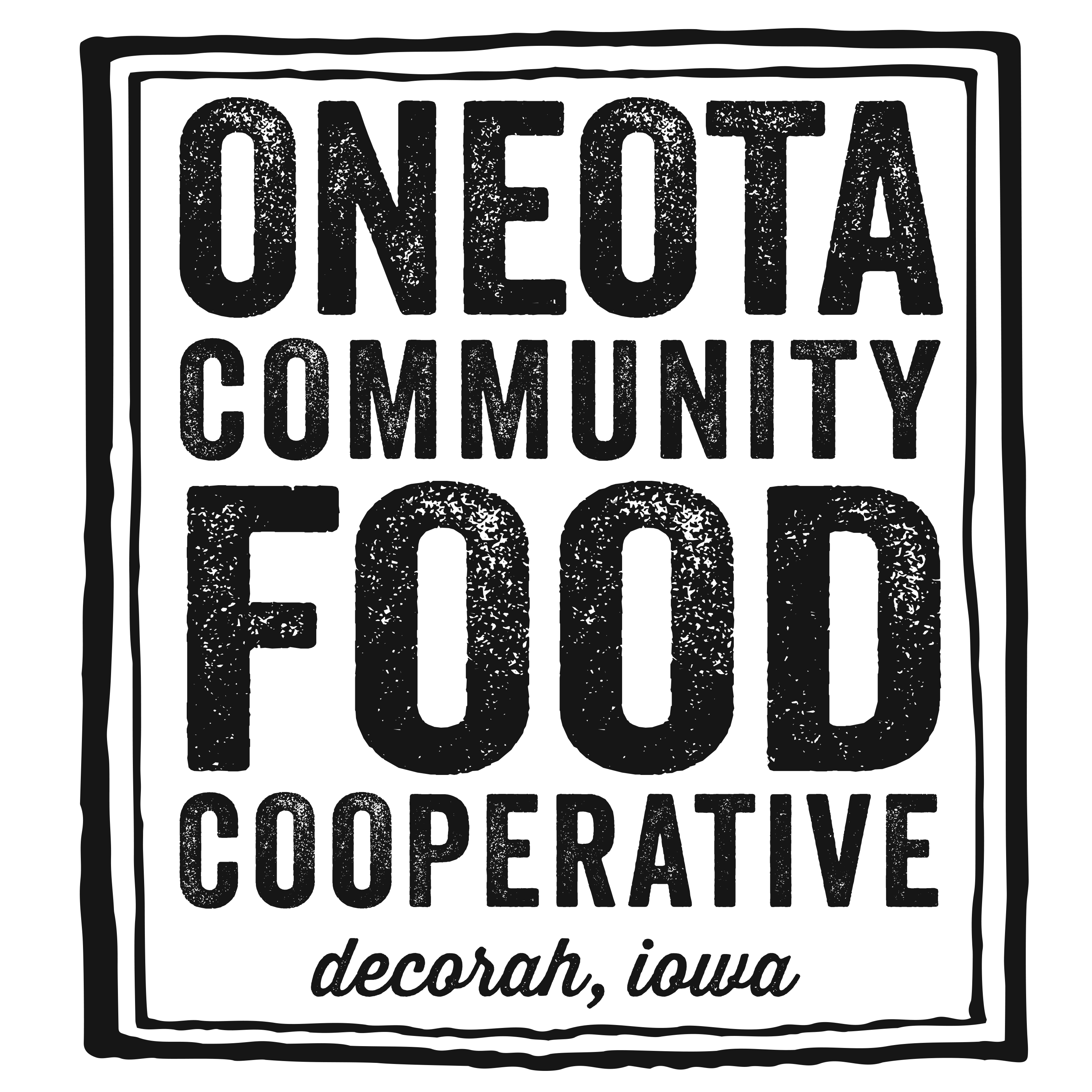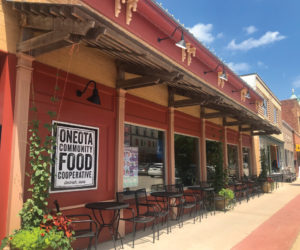PORK
By: Kristin Evenrud, Meat Buyer
In light of the PEDv* epidemic I think it is even more important to know your farmer.
We have a new, local Amish pork producer raising Berkshire hogs. Harvey Gingerich has been farming since 2008, both producing goat milk for a dairy cooperative and raising pigs. He and his wife (and 5 young children) are farming 30 acres near Harmony, MN. They raise their own corn for the goats and buy feed from the feed mill for the hogs. They are feeding the pigs a special vegetarian diet and do not use any antibiotics. The pigs are happy to roam outside while having accessible shelter from the elements. I had a lovely visit with Harvey and his family last fall and was reminded how hard it is to do anything without the internet. Harvey asked me quite a few questions about how to market his product and I wanted to just say, “You can look that up on the internet.” Instead, I helped him find resources that worked better for his skill set.
Since that visit, Harvey Gingerich has figured out how to market his animals. He now has pork in 3 food co-ops: Just Foods in Northfield, MN, People’s Food Co-op in Rochester, MN and our own Oneota Co-op. I have been thrilled with the taste and texture of the pork he is producing and love the MSGfree brats and ground sausage. Harvey has all his product processed at Burt’s Meats in Eyota, MN. I urge you to try some really great local pork from Harvey the next time you stop at the Co-op.
*The pork industry is trying to recover from a voracious virus called porcine epidemic diarrhea virus (PEDv) that has killed 8 million pigs since May of 2013. This virus attacks very young piglets and once contracted will kill the piglet very quickly. The number of animals affected is staggering. It is estimated that another 2.5 million will die between June 2014 and July 2015. However, the USDA has just approved a vaccine that is being introduced into the commercial market in order to curb the problem.
It takes time for a producer to clean up their buildings, make sure the farm is clear of the virus and then start the whole gestation-to-finishing process – commonly a 10-month process. No farm is immune to this problem as it affects small farms and huge confinement operations alike. Overall, what this means to the consumer is a very tight market. It is estimated that consumers are paying 13% more for pork at the supermarkets than they were this time last year



